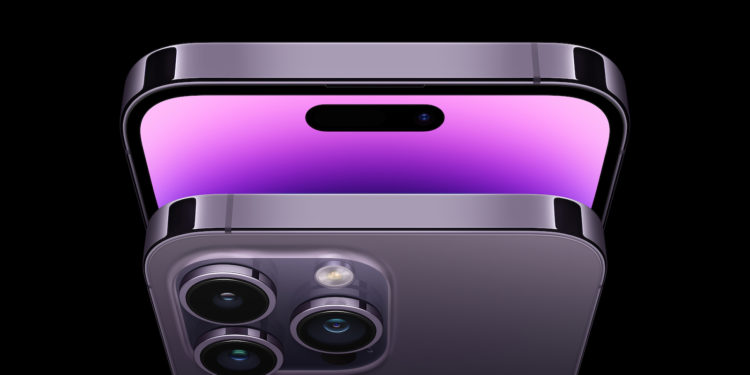A Geekbench test for the iPhone 14 Pro with the new A16 Bionic chip found that performance was barely improved compared to last year's iPhone 13 Pro.
A Geekbench test result for the iPhone15,3, the identifier for the iPhone 14 Pro, shows the new iPhone with a single-core result of 1879 and a multi-core result of 4664. The iPhone 13 Pro achieves 1707 points in single-core and 4659 points in multi-core, making it only slightly slower than the latest high-end iPhone. The most important innovation of the A16 Bionic chip is that it is Apple's first chip based on the smaller 4nm process. The A15 Bionic chip, like Apple's M1 and M2 chips for the Mac, is based on the 5nm process.
A16 chip with 6 cores
Despite the smaller jump in performance, Apple says the A16 Bionic chip is "the fastest chip ever put in a smartphone." The A16 Bionic has a more powerful graphics processor that can provide up to 50% more memory bandwidth for graphics-intensive games. The processor also features a new 16-core Neural Engine that supports advanced machine learning tasks. As for the CPU, the A16 Bionic has the same number of 6 cores as the A15 Bionic but Apple says it's a "new 6-core CPU."
This is how much RAM the devices have
Despite the differences in processors, storage space, cameras and more, all iPhone 14 and iPhone 14 Pro models have the same 6 GB of RAM. Last year, only the iPhone 13 Pro models had 6 GB of RAM, while the regular iPhone 13 versions had to make do with 4 GB of RAM. If you are interested in one of the new devices, you can officially pre-order them from September 9th. (Image: Apple)
- "Far Out" event: Apple presents iPhone 14 series
- "Far Out" event: These are the new iPhone 14 Pro models





